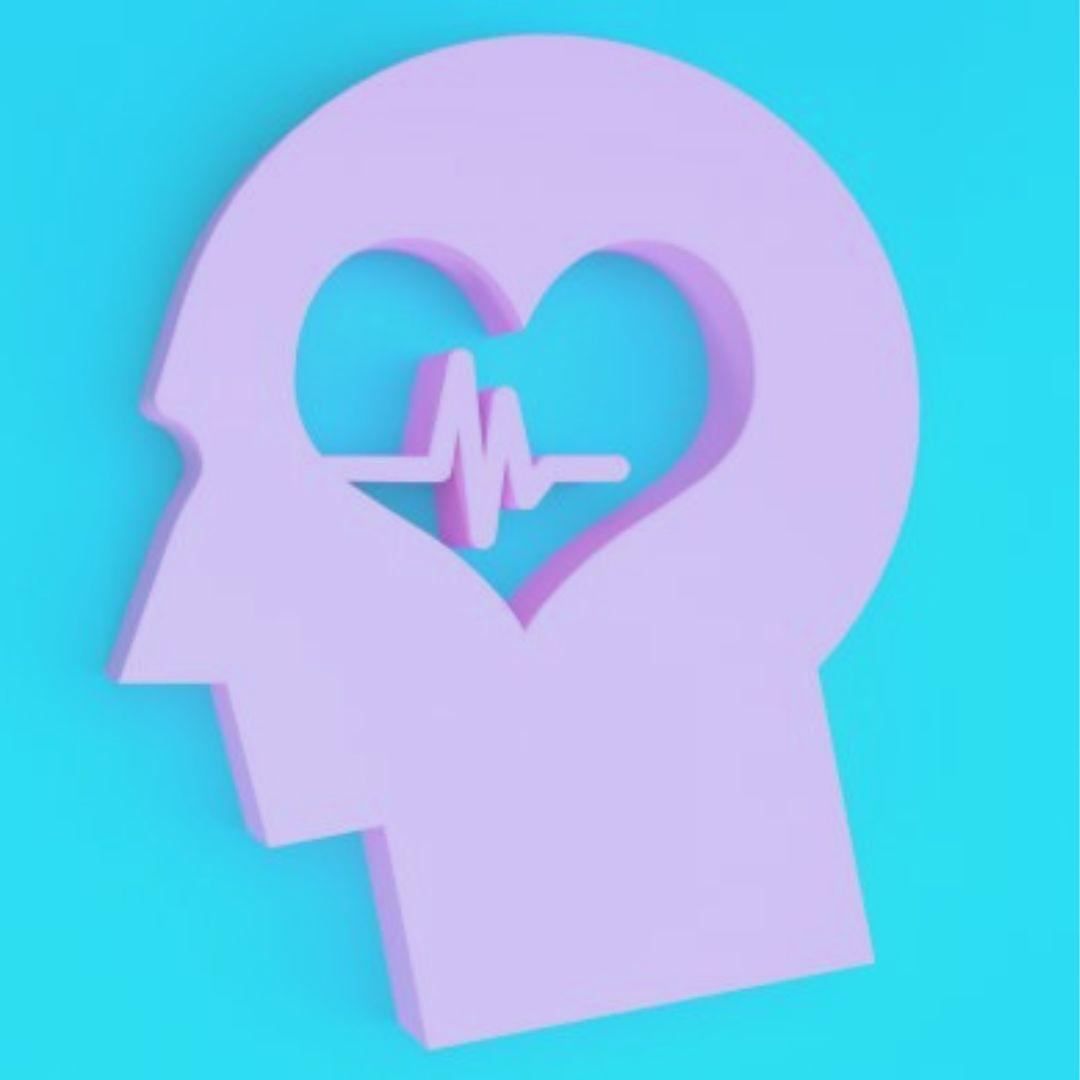
Sleep is not an indulgence. It is necessary for good health. Sleep assists the body in repairing itself. The ability to function normally during the day is aided by sufficient quality sleep. The majority of adults require at least 7 hours of sleep per night. However, more than one-third of American adults report not getting enough sleep. While this may be acceptable for a day or two, continuous lack of sleep can lead to serious health problems and exacerbate existing conditions.
Adults who sleep less than seven hours per night are more likely to report having suffered from a heart attack, asthma, high blood pressure, and depression.
Relationship Between Lack of Sleep and Cardiovascular Disease Risk
In the United States, heart problems are the leading cause of illness and death. Substantial evidence demonstrates that sleeping difficulties, such as sleep deprivation and fragmented sleep, are detrimental to heart health. Sleep is necessary for the body's restoration. During non-rapid eye movement (NREM) sleep, the heart rate decreases, blood pressure decreases, and breathing stabilizes. These modifications reduce the heart's stress, allowing it to recover from the strain it endures during the day.
Without adequate nightly sleep, a person does not spend enough time in the beneficial deep stages of NREM sleep. The same issue can affect individuals whose sleep is frequently disrupted.

Sleep and Heart Failure
Heart failure occurs when the heart is unable to pump enough blood to provide the body with the blood and oxygen it needs to function normally. An observational study of more than 400,000 individuals revealed significant associations between sleep issues and heart failure.
Statistics on the Number of People Who Have Heart Attacks
Globally, heart disease is the leading cause of death for men and women of all races. As of 2018, 303 million American adults had been diagnosed with cardiovascular disease. About 647,000 Americans die annually from heart disease, making it the leading cause of death in the United States. Heart disease accounts for 1 in 4 deaths.
About 12% of those who suffer a heart attack will perish as a result. Coronary artery disease, a blockage of the coronary blood vessels, is the most prevalent form of heart disease. Nearly 366,000 people died in 2017 from coronary heart disease, which affects approximately 18.2 million Americans aged 20 and older.
The leading cause of death for the majority of racial and ethnic groups is heart disease. In 2015, it was the cause of 23.7% of white deaths and 23.5%of black deaths.
In 2017, the death rate from heart disease among Black men was 203 per 100,000 individuals. Compared to white males, there were 275 deaths per 100,000 individuals. The death rates for Black women were 166 per 100,000, while they were 231 per 100,000 for white women.
Nutrition: 7 things to stay away from- coffee, soda, tea, and sports drinks
1. Devoid of nutritional value
Soft drinks and diet soda have no nutritional value and are devoid of vitamins, minerals, and other essential nutrients.
2. Effects on kidney
Soft drinks cause nephrolithiasis by removing Calcium from the body and causing an excess of Calcium to be deposited in the kidney (kidney stones).
3. Enhances invisible fat
Artificial sweeteners in diet soda and sugar in regular soda stimulate insulin secretion, resulting in an increase in blood triglyceride concentration. In addition, it causes the accumulation of fat in organs such as the liver. This subsequently contributes to insulin resistance and diabetes.
4.Colouring chemicals-Cancer
Colouring chemicals which are found in soda and soft drinks (2-methylimidazole and 4-methylimidazole) are carcinogenic in nature and lead to cancer.
5. Effects bone
All carbonated beverages contain phosphoric acid, which removes calcium from the body and leads to osteoporosis.
6. Effects of Caffeine
By stimulating the nervous system, caffeine disrupts sleep. In addition, it exacerbates premenstrual syndrome, causes dehydration, and stimulates gastric acid production, thereby aggravating hyperacidity. As a result of caffeine's effect on sleep, the body is more likely to produce C-reactive protein, which plays a crucial role in heart disease.
7. Hormonal Imbalance
Not just soda is to blame for all the problems. Nearly all aluminum soda cans are lined with bisphenol A (BPA), an epoxy resin used to prevent soda's acids from reacting with the metal. BPA is known to disrupt hormones and has been linked to infertility, obesity, diabetes, and even some types of reproductive cancers.
References:
www.sleepfoundation.org/sleep-deprivation/how-sleep-deprivation-affects-your-heart
www.healthline.com/health/heart-disease/statistics#What-are-the-risk-factors?
www.practo.com/healthfeed/9-reasons-to-avoid-soft-drinks-sodas-4895/post